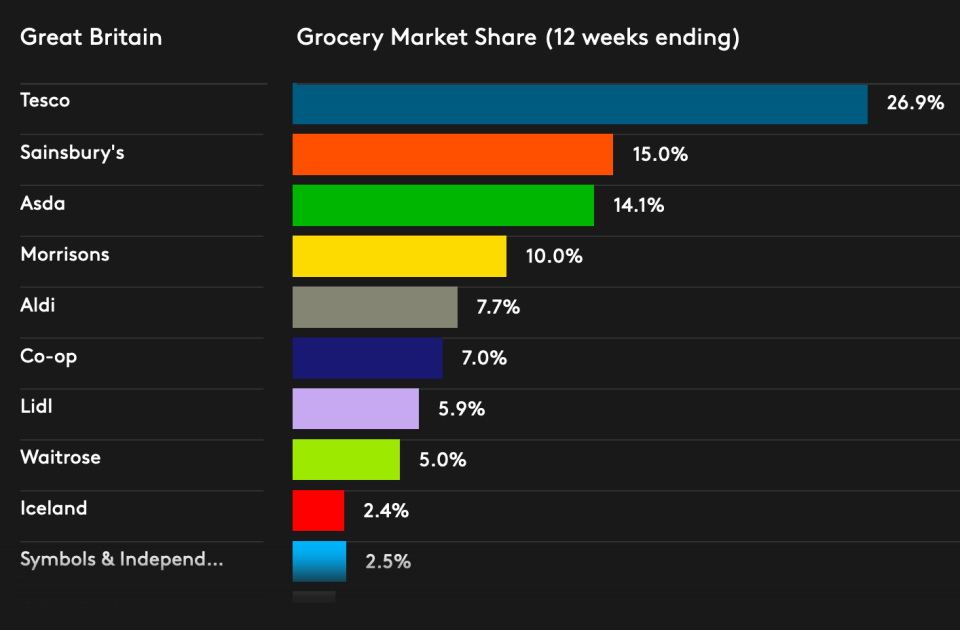Coronavirus: Alcohol and takeaway sales soar under UK lockdown

Alcohol and takeaway sales in the UK have skyrocketed as nights in have replaced nights out under lockdown, new figures show.
Supermarkets’ sales of alcohol were 50% higher over the past month than a year ago, according to the latest closely watched grocery market data from Kantar.
Overall take-home sales at Britain’s grocery stores have jumped 14.3% over the past three months, the fastest rate in more than a quarter of a century. More recently, over the four weeks to 17 May, sales have soared further, up 17.2% year-on-year.
Online shopping has seen an even bigger jump, up 75% year-on-year. Just under one in five households has ordered online in the past month, with grocers pulling in more new delivery customers in 2020 than the past five years.
READ MORE: Wetherspoon to reopen pubs with screens and staff in goggles
Independent grocers, Ocado, Co-op and Iceland saw the biggest increases year-on-year in take-home sales, according to the study of 30,000 representative UK households’ shopping habits.
“It’s not just groceries experiencing a boom — people missing their favourite restaurants and wanting to treat themselves have pushed takeaway deliveries up by 250% year on year,” added Fraser McKevitt, head of retail and consumer insight at Kantar.
Kantar noted on-the-go sales such as meals and snacks were not picked up in its latest take-home sales data, but had “decreased significantly or disappeared completely” however.

Recent weeks have seen a trend towards people doing fewer but bigger shops as shoppers look to avoid busy supermarkets and long queues. Shoppers spent on average 50% more per shop than the same month last year.
The biggest rise in total spending has been for families with children over 16 living at home, with spending up from £545 a month a year ago to £618 this month. “They continue to cater for more people living under one roof and compensate for meals not eaten at work, school or college, or while socialising with friends,” added McKevitt.
Britain’s ten biggest supermarkets and independent retailers overall all saw sales jump in the 12 weeks to 17 May. But Kantar’s latest report suggest shoppers’ desire to stay closer to home and avoid large queues had benefited independent retailers and supermarkets outside the ‘Big Four’ most.
READ MORE: Retail sales ‘deeply depressed’ under lockdown
Independents saw sales soar 63.1%, taking £1 in every £40 spent — the highest share in more than a decade. The Co-op saw sales jump 30.8%, reaching its highest market share since 2011 at 7% of all supermarket sales. Iceland saw a similar 28.6% leap, and its highest market share since 2000.


